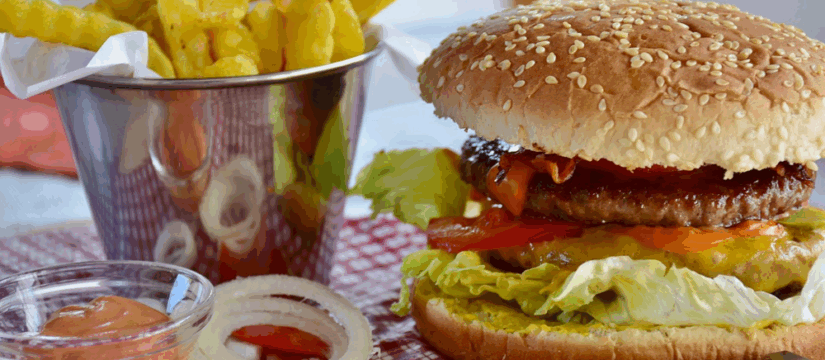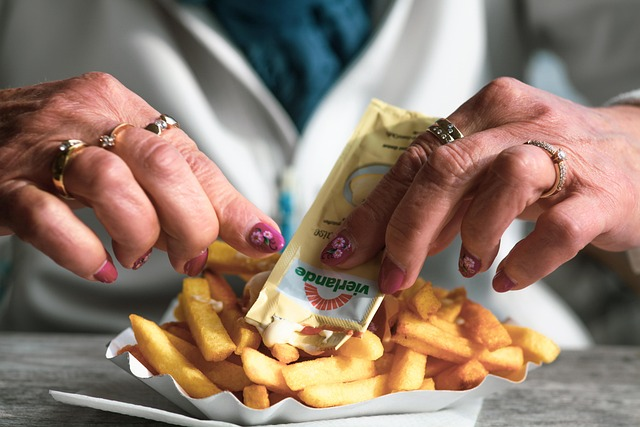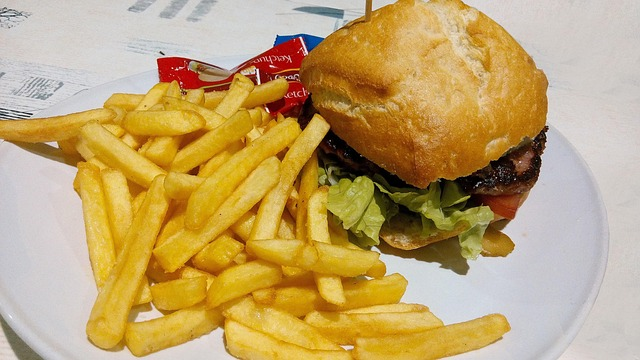
Processed foods lead to weight gain, but it’s about more than calories
- September 13, 2019
- 1 Like
- 938 Views
- 3 Comments
Ultra-processed foods are everywhere in modern diets, and research shows they drive overeating and weight gain in ways beyond pure calorie content. In a controlled NIH study, healthy volunteers were put on two diets for two weeks each: one composed of ultra-processed foods (burgers, packaged snacks, sweetened cereals, etc.) and one composed of whole, unprocessed foods (fresh meats, vegetables, whole grains). Critically, both diets were matched for the same macronutrients and calorie levels. Yet on the ultra-processed diet, participants spontaneously ate ~500 extra calories per day and gained about 1 lb per week. When they switched to the unprocessed diet, they lost weight at a similar rate. This experiment (the first of its kind) clearly demonstrates that processed foods can lead to overeating even when calories are ostensibly “equal.” The researchers concluded that ultra-processed meals override our natural fullness cues – people simply ate more than they needed when given processed foods.

Several features of processed foods explain this effect. First, ultra-processed foods often have a higher energy density (more calories per bite) and lower protein/fiber than unprocessed meals. In the NIH study, this translated to eating speed: subjects consumed the processed meals about 17 calories per minute faster on average. In practical terms, that meant they finished the ultra-processed menus in far less time, so the body’s fullness mechanisms couldn’t catch up. As one co-author put it, “we just gorged without knowing” because the food was energy-dense and highly palatable. By contrast, the unprocessed diet (with whole grains, salads, meats) was more filling calorie-for-calorie, so participants ended up eating fewer total calories before feeling satisfied.
- Higher calorie density: Processed foods (think chips, pastries, sugary drinks) pack calories into smaller volume. With less fiber or water, they provide less stomach stretch, so people have to eat a lot to feel full.
- Rapid consumption: Soft or liquid-like processed foods can be eaten quickly. In studies, this means more calories pass the lips before satiety signals kick in. By the time the brain registers “I’m full,” dozens of excess calories have already been consumed on a high-calorie snack.

w account for around 58% of daily calories in the U.S. adult diet. Multiple cohort studies have linked high intake of these foods to obesity, type 2 diabetes, heart disease, and even certain cancers. In other words, diets heavy in packaged snacks and ready-meals are strongly correlated with weight gain and metabolic disease beyond what plain calories would predict. Public health experts warn that “industrial food processing is at the root of the obesity epidemic,” partly because people consume extra calories without realizing it.
In practice, these findings mean that a calorie is not just a calorie. Two diets matched for caloric content can lead to very different outcomes if one diet is full of heavily-processed foods. The implication for weight management is clear: focus on whole, minimally processed foods (vegetables, fruits, whole grains, lean proteins) that fill you up with fewer hidden calories. Even though fattening foods still “count,” their food matrix matters. As one dietitian summarized, processed foods tend to spike appetite and interfere with normal satiety, so they drive overeating beyond what would be expected from their calories alone.



3 Comments
Ava Nguyen
Hjuu
Ava Nguyen
trial
Ava Nguyen
hello